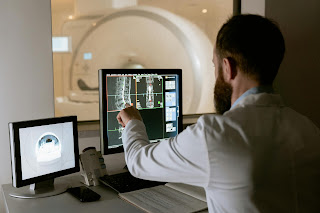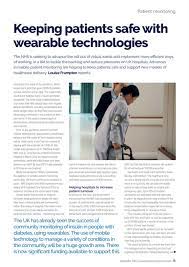Gone are the days when retirement was synonymous with slowing down. Today's seniors are turning the tables, proving that entrepreneurship knows no age limits. The 'Silver Economy' is booming as more seniors channel their vast experience and resources into starting their own businesses. Let’s dive into why seniors are perfectly positioned to be successful startup founders and how they're making significant strides in the entrepreneurial world.
These factors make seniors uniquely equipped to handle the challenges of entrepreneurship and often lead to successful, fulfilling business ventures.
Why Seniors Make Great Entrepreneurs
Seniors come with a wealth of life experience that can be invaluable in business. They have lived through various economic cycles, social changes, and possibly multiple career shifts. This extensive background provides them with a deep well of knowledge and insights, which can be a significant advantage in understanding market needs, managing crises, and making informed decisions.
Many seniors have developed a strong work ethic over decades of employment, which can be critical to the success of a new business. Their commitment to professionalism and quality, punctuality, and respect for work are qualities that imbue their business practices and can set them apart in the marketplace.
Throughout their lives and careers, seniors often accumulate a wide array of contacts across various fields. These networks can be goldmines for new business ventures, offering everything from partnership opportunities to practical advice. For an entrepreneur, having a ready-made network can be a significant advantage.
By the time they reach later life, many seniors have amassed some degree of financial stability. This might mean they can fund their startup ventures without seeking outside investment right away, allowing them more control over their business’s direction and values.
Running a business requires patience and the ability to keep a cool head—qualities that seniors often have in abundance. Years of life experience can lend a valuable perspective, allowing senior entrepreneurs to navigate the highs and lows of business with a calm, steady hand.
Many seniors are in a phase of life where they have more control over their time. With children grown up and fewer daily demands, they can dedicate the necessary hours to grow a business. Plus, they often have the flexibility to adapt their schedules as needed, a crucial ability in the dynamic world of startups.These factors make seniors uniquely equipped to handle the challenges of entrepreneurship and often lead to successful, fulfilling business ventures.
Challenges Faced by Senior Entrepreneurs
While the prospects are bright, senior entrepreneurs face specific challenges:
Technology: Keeping up with rapid technological advancements can be daunting for some seniors. However, many find that with a bit of learning and adaptation, they can overcome this hurdle.
Age Bias: Ageism can be a reality in the business world. Seniors may need to work harder to prove their relevance in fast-evolving industries.
Health Considerations: Managing health alongside the demands of a startup can be challenging but planning and a balanced lifestyle can mitigate these concerns.
The narrative that innovation is the domain of the young is rapidly changing. Seniors are not only participating in the startup ecosystem but are also leading it with formidable prowess. With their rich life experiences, wisdom, and resilience, they are proving to be exemplary in the world of entrepreneurship.
Are you a senior considering starting your own business? Or do you know a senior who’s making waves as an entrepreneur? Share your stories and experiences in the comments below. Let's celebrate and support our senior startup founders!

































